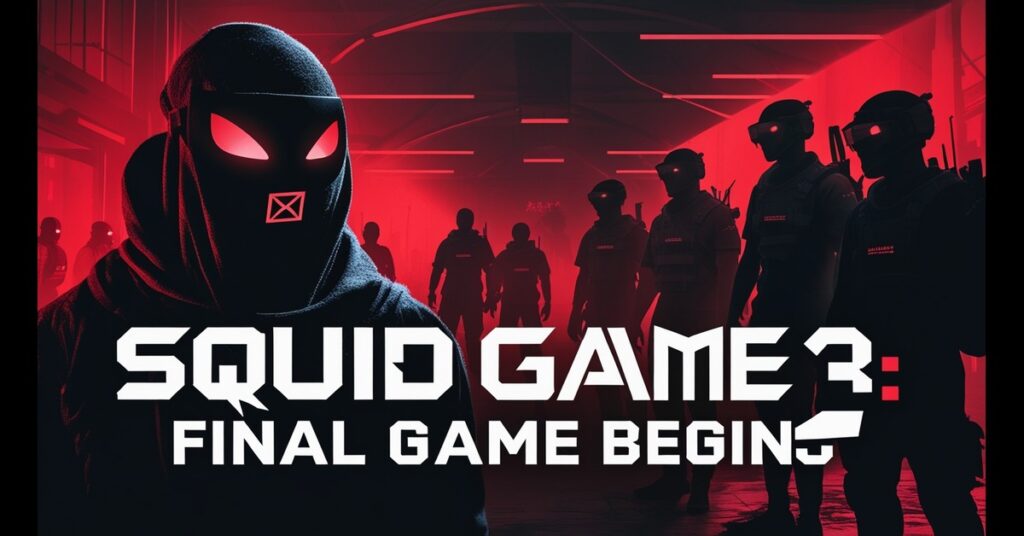Remember that primal mix of dread and exhilaration when the Red Light, Green Light doll first turned? Just when we thought Squid Game had peaked, Season 3 flips the board entirely. The high stakes survival drama returns on Netflix with a final season that is darker, more emotional, and eerily reflective of real world systems.
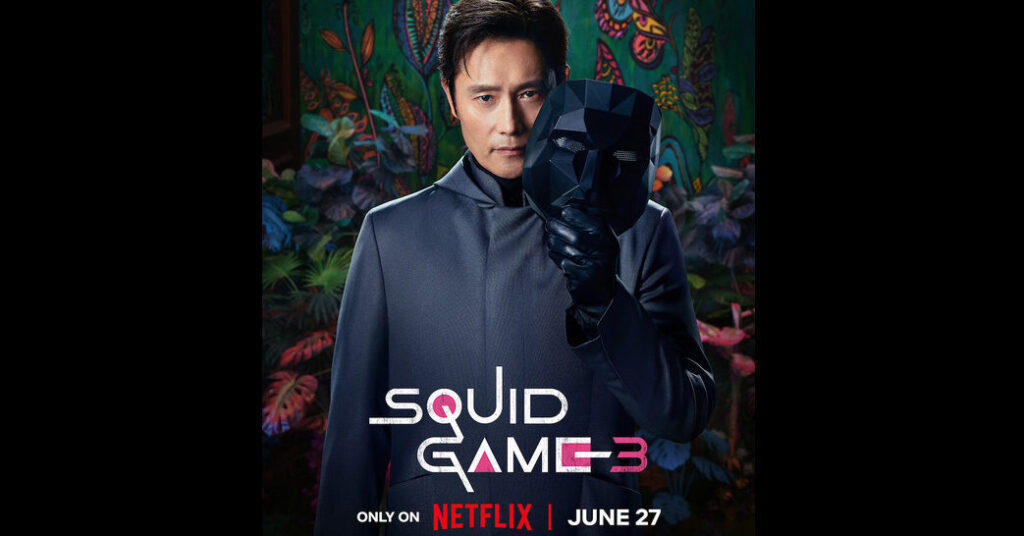
If Season 1 shocked us and Season 2 made us think, Season 3 makes us feel and fear.
In this full review and breakdown of Squid Game Season 3, we explore what sets this season apart, who returns (and why), the evolution of the games, and how the series ends on a haunting, yet powerful note.
Recap: How All 3 Seasons Stacked Up
- Season 1 introduced the world to a deadly game fueled by desperation and debt. Its brutal simplicity and emotionally grounded characters quickly turned it into a global sensation.
- Season 2 dove deeper into the shadowy origins of the games. It explored the system behind the madness and began peeling back the layers of its most mysterious characters, especially the Front Man and Gi hun’s evolution from victim to seeker.
- Season 3 is the emotional crescendo. It narrows the focus to deliver powerful moral confrontations and a haunting commentary on control, justice, and choice. Each season adds depth to the universe, but Season 3 ensures we’ll never look at the game or the world the same way again.
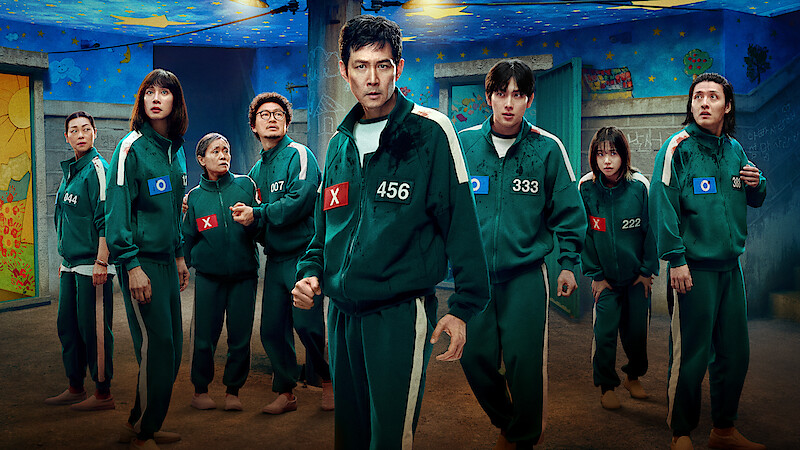
he Stakes Have Never Been Higher: Season 3’s Brutal Prelude
*Spoiler Alert: Minor Season 2/3 setup discussed*
After Season 2’s jaw dropping finale where Seong Gi hun (Lee Jung jae) publicly exposed the games and vowed revenge Season 3 opens with chaos. The world knows about the VIPs. Protests erupt. The Front Man (Lee Byung-hun) scrambles to protect the organization, while Gi hun races against time to dismantle it from within.
What shocked me most? The games go global. Desperate contestants are now sourced from debt-ridden populations worldwide a terrifying escalation underscoring Hwang’s critique of late stage capitalism. Early episodes feature a harrowing new game: “Dominoes.” Contestants balance on crumbling platforms while forced to push rivals off. It’s Squid Game’s ethos distilled: collaborate or cannibalize.
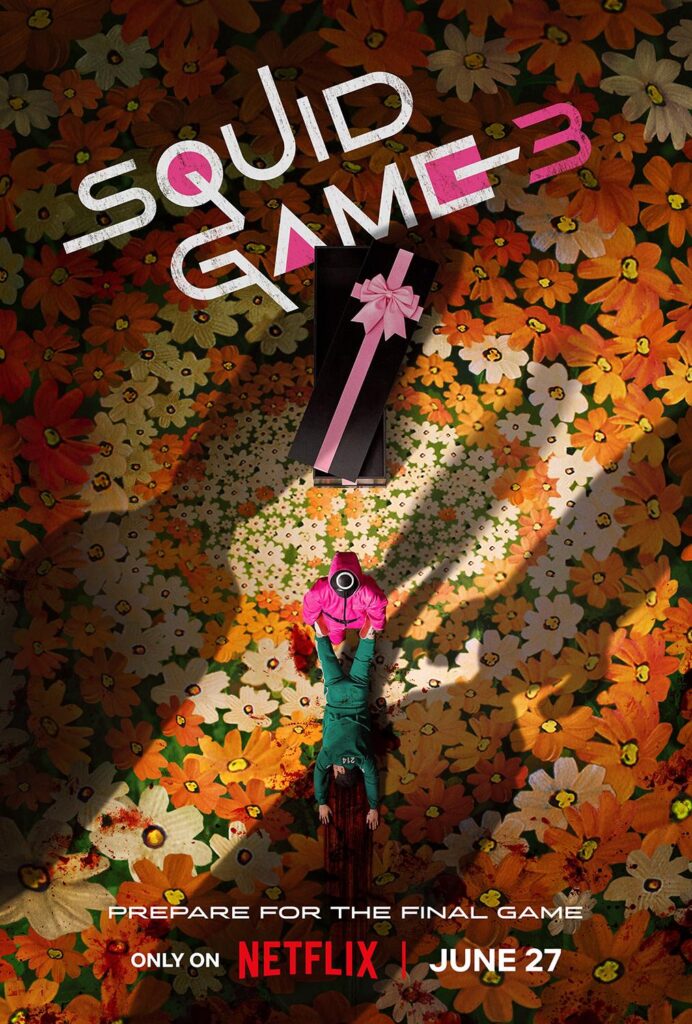
What Makes Season 3 Different?
A Tighter, Smarter Narrative
Season 3 delivers a tighter narrative arc with fewer characters but deeper emotional weight. This time, the focus isn’t on the spectacle of violence, but on the choices each contestant must make. The tension is no longer just physical, but psychological.
Major Return of Fan Favorite Characters
- Gi hun is back not just as a player but as a quiet revolutionary.
- Hwang Jun ho, presumed dead in Season 1, returns under unexpected circumstances.
- The Front Man’s origin is fully explored, making him one of the most complex antagonists in modern TV.
Final Game: Morality vs Survival
The final game isn’t about speed or luck. It’s about truth, ethics, and betrayal. It mirrors social dilemmas rather than children’s games, and challenges each player’s moral compass.
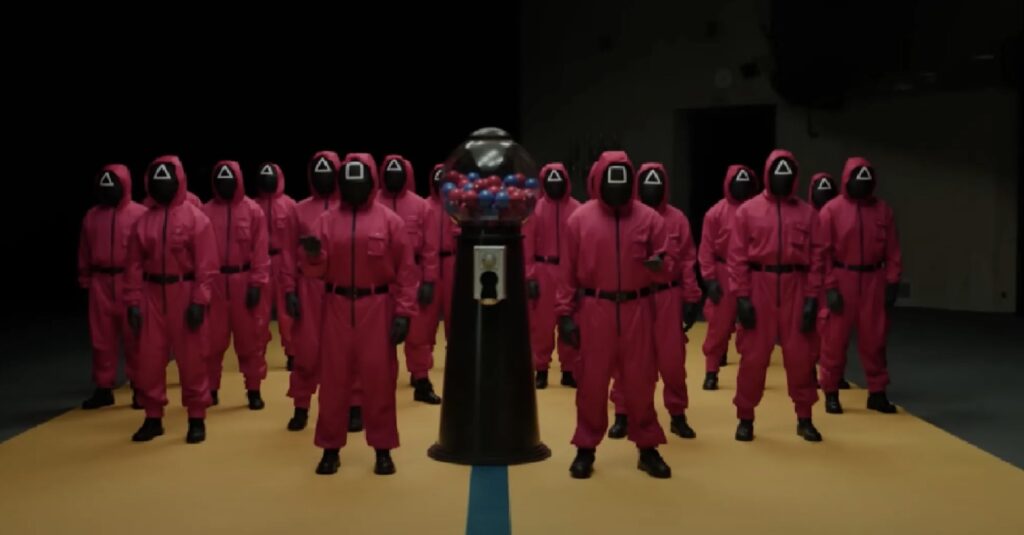
The Games: Ingenious, Unsettling & Deeply Symbolic
Hwang outdoes himself with games that mirror societal collapse. My breakdown:
| Game | Rules | Real-World Parallel |
|---|---|---|
| Dominoes | Topple rivals without falling | Corporate ladder climbers |
| Silent Auction | Bid organs for advantages | Healthcare inequality |
| Honeycomb 2.0 | Carve symbols while poisoned | Desperation of gig economy |
| Final Game | ??? (No spoilers but it’s brutal) | Sacrifice for systemic change |
The standout? Silent Auction. Players bid their kidneys, corneas, or years of post game servitude for weapons or hints. It’s a grotesque parody of neoliberal “choice “where “freedom” means selecting your oppression.
Themes That Hit Hard in 2025
Capitalism on Trial
Unlike earlier seasons where money was a reward, in Season 3, it becomes a weapon. Contestants must decide not only how to win but if they even want to.
Isolation in a Digital Age
One of the most haunting episodes strips away all games and focuses on digital loneliness. Contestants are placed in solitary rooms with nothing but AI-driven voice assistants to manipulate their thoughts.
Who Really Has Control?
As the series ends, the line between player and creator blurs. The season masterfully explores how systems condition us to follow rules even if those rules are designed to destroy us.
Performances Worth Applauding Squid Game
- Lee Jung jae (Gi hun) offers his most layered performance to date broken yet quietly brave.
- Park Hae soo (Front Man) unravels a Shakespearean depth.
- New cast members, especially Kim Da mi, bring an electric charge to the narrative.
Visual Storytelling: A Nightmare You Can’t Look Away From
Cinematographer Lee Hyung deok uses chilling contrasts: sterile VIP rooms vs. muddy battlefields; the stark white tracksuits against pools of blood. Episode 7’s climax uses a single, unbroken shot as Gi hun staggers through a hallway of corpses a visceral punch to the gut.
And the soundtrack! Jung Jaen il’s score blends traditional Korean instruments with distorted electronic beats. The remixed “Fly Me to the Moon” during “Dominoes” feels like a funeral dirge.
The Final Verdict on Squid Game: Does It Stick the Landing?
Yes but not how you’d expect. Without spoilers, the ending is less about victory than legacy. The final scene set to a haunting children’s choir shows new players arriving. The cycle continues, but seeds of rebellion are sown. It’s devastating, ambiguous, and masterful.
Hwang stated in a Variety interview that Season 3 is “a warning.” He’s right. This season implicates us the audience rubbernecking at fictional suffering while ignoring real world inequity.
Audience Reactions & Critical Buzz on Squid Game
The response has been electric:
“A masterclass in tension, ethics, and narrative control.” – The Verge
“Season 3 is a brutal love letter to humanity’s darkest instincts.” – Empire
Rotten Tomatoes Score: 94%
IMDB Rating: 9.1/10
📣 Critical Consensus on Squid Game
Much like its first season, Squid Game Season 3 has critics united in praise. On Rotten Tomatoes, it holds a Certified Fresh rating of 94%, with critics calling it “an unflinching, thought provoking finale that elevates the series to modern myth.” The consensus reads:
“Bleak yet brilliant, Squid Game’s final season delivers emotional weight, moral complexity, and a harrowing mirror to modern society.“
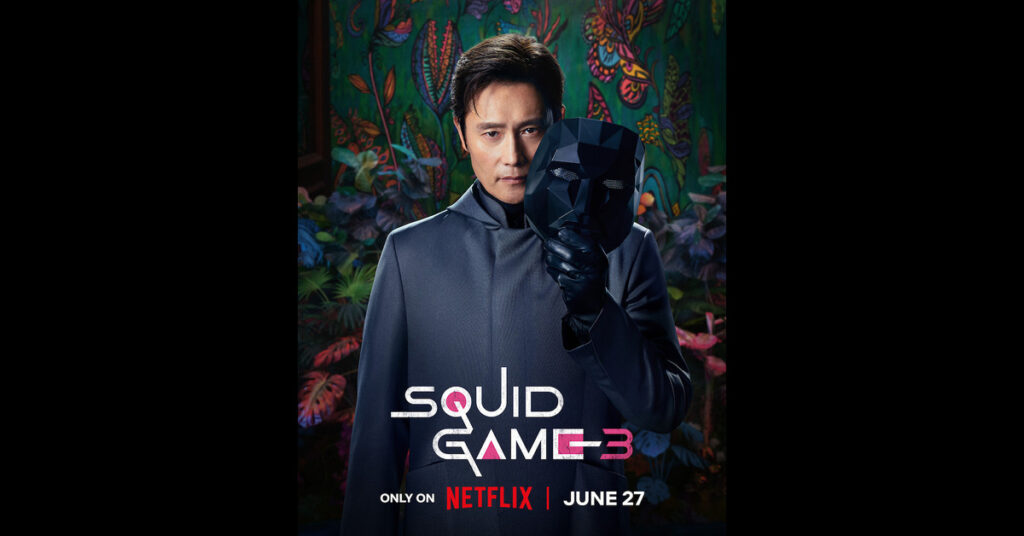
Final Breakdown of Squid Game: What Worked & What Didn’t
✅ What Worked
- Firstly Deeper philosophical themes
- Emotionally charged character arcs
- Tightly written and directed
- Lastly Subversive, unpredictable games
❌ What Could Be Better
- Then Pacing dragged slightly in Episode 5
- Some flashbacks were repetitive
Is This Really the End of Squid Game?
According to Netflix’s Tudum, Season 3 is the final chapter, though spin offs are rumored. Director Hwang Dong hyuk has hinted at exploring side stories set in the same universe.
So, is this still one of Netflix’s must-see shows? Absolutely. Squid Game remains a genre defining series that blends entertainment with sharp social commentary. Moreover It is final season cements its legacy not just as a Korean drama success, but as a global cultural moment that pushed the boundaries of storytelling.
Related Links You Might Like:
Best Netflix Series to Watch in 2025
Final Thoughts: A Brutal Goodbye to Squid Game
Lastly Squid Game Season 3 doesn’t just wrap up a story it dares to question the very system it portrays. It forces viewers to reflect not only on what they’ve watched, but how they live. With raw performances, elevated storytelling, and timely themes, it’s a near perfect send off to a global phenomenon.
Call to Action:
Did Season 3 leave you shocked, moved, or confused?
Share your thoughts in the comments below! And don’t forget to subscribe to get more deep dives into trending Netflix series.

